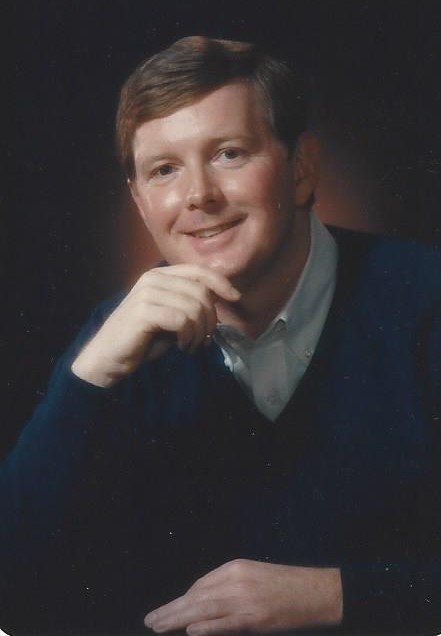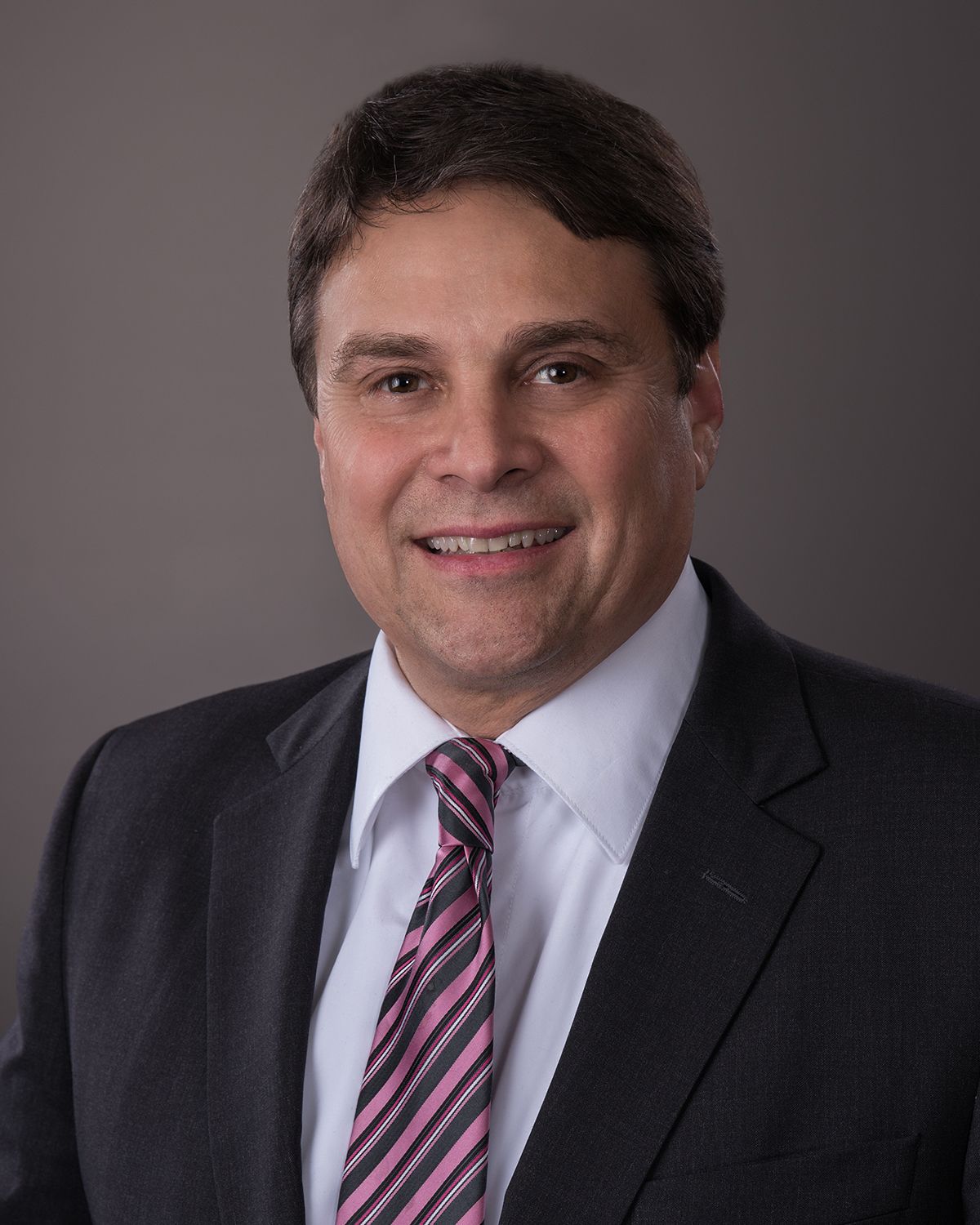
Our Love Is The Best We Have To Offer
By Lewis N. Foster

Coordinator of the Family Therapy Program at Bruce Hall Center, Florence, SC
The room housing the one-way-mirror was hot. The trainee and I watched and listened as the therapist worked with families of adolescent patients in the multiple family therapy group.
"Have you talked about your divorce with your son?," asked the therapist
"I don't want to get into all that!," replied the father of the patient.
The ex-wife looked surprised and the patient sat with no expression on his face. The message to the therapist was clear: divorce isn't over until it is over.
The intern looked at me and asked me what I would do with a situation like this.
"Many things," I replied, "but in this particular case, avoid the subject verbally and use a behavioral exercise."
She looked at me and commented on the need for the adolescent son to understand that he was not the reason for the divorce of his parents. She said that everyone in the broken family needs to understand everyone else's perception of what happened. "This seems to be one of the key issues for the son and it needs attention, "she exclaimed.
"Yes, you are right," I said. "Let's see what happens in the multiple family therapy group."
The tension in the group room had grown and there was silence. The father seeming to be a brick wall and the son caught between the parents.
Mother and her boyfriend sat uncomfortably. The therapist (David Kahn, MS, CAC) patiently stood, looking about the room allowing the intensity to build. Silence is loud! Several minutes passed (which seemed like hours) and David asked the son if he would be willing to help with an experiment. The son agreed and David had the son stand between the father and mother. David took one arm of the son and handed it to the father. He took the other arm and gave it to the mother. The parents were instructed to pull on the sons' arms, but not to let go. The son was pulled from side to side and everyone laughed.
Group members shook their heads up-and-down as though they understood the exercise, and David asked the son what the exercise was like for him.
The son said, "caught in the middle."
Mother said she thought it was like struggling with the father.
Father said that it was like pulling on his sons' arm.
Heads of the group members went from up-and-down to back-and-forth. The intern looked puzzled and lost. She said that the exercise was great, but father didn't seem to get the idea.
I suggested that other members of the group learned more from the exercise than father, but I doubted it. Father knows that these issues are present, but doesn't want to experience the pain of walking back through the experiences with his son. Maybe there is some responsibility that he needs to take for the marriage not working. Today he's not ready to own his fear or responsibility. All we can do is give them support and empathy and demonstrate love, because, that is the best we have to offer.
"This family will be in the group again next week?" the intern asked.
"Yes," I replied.
"Well, maybe father will have more insight next week," she said.
I smiled at her, shrugged my shoulders, and invited her to come and see.
David Kahn, PhD, is owner of The Counseling Center of Florence, SC, and can be reached at (843) 673-0054.
